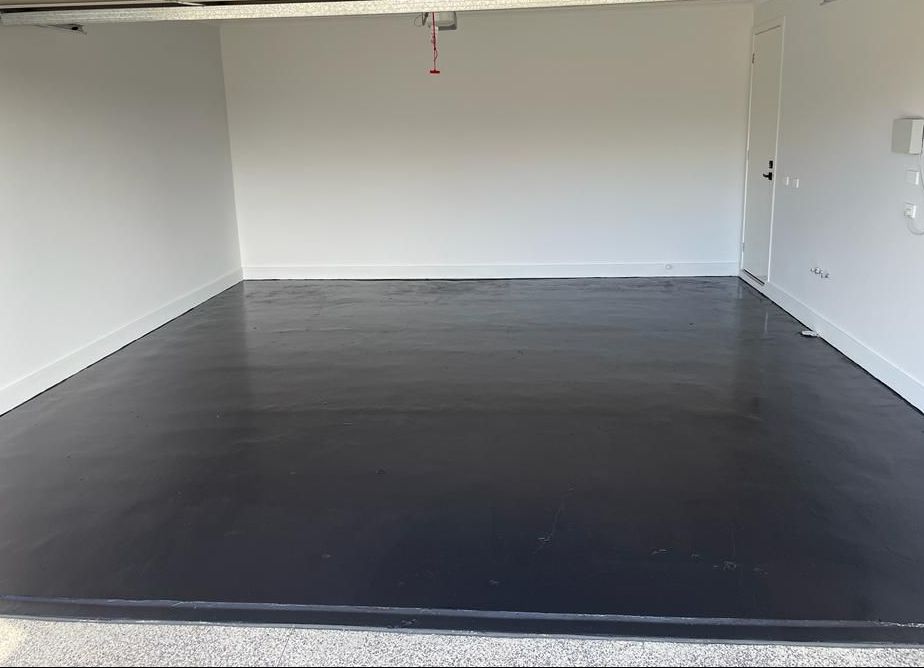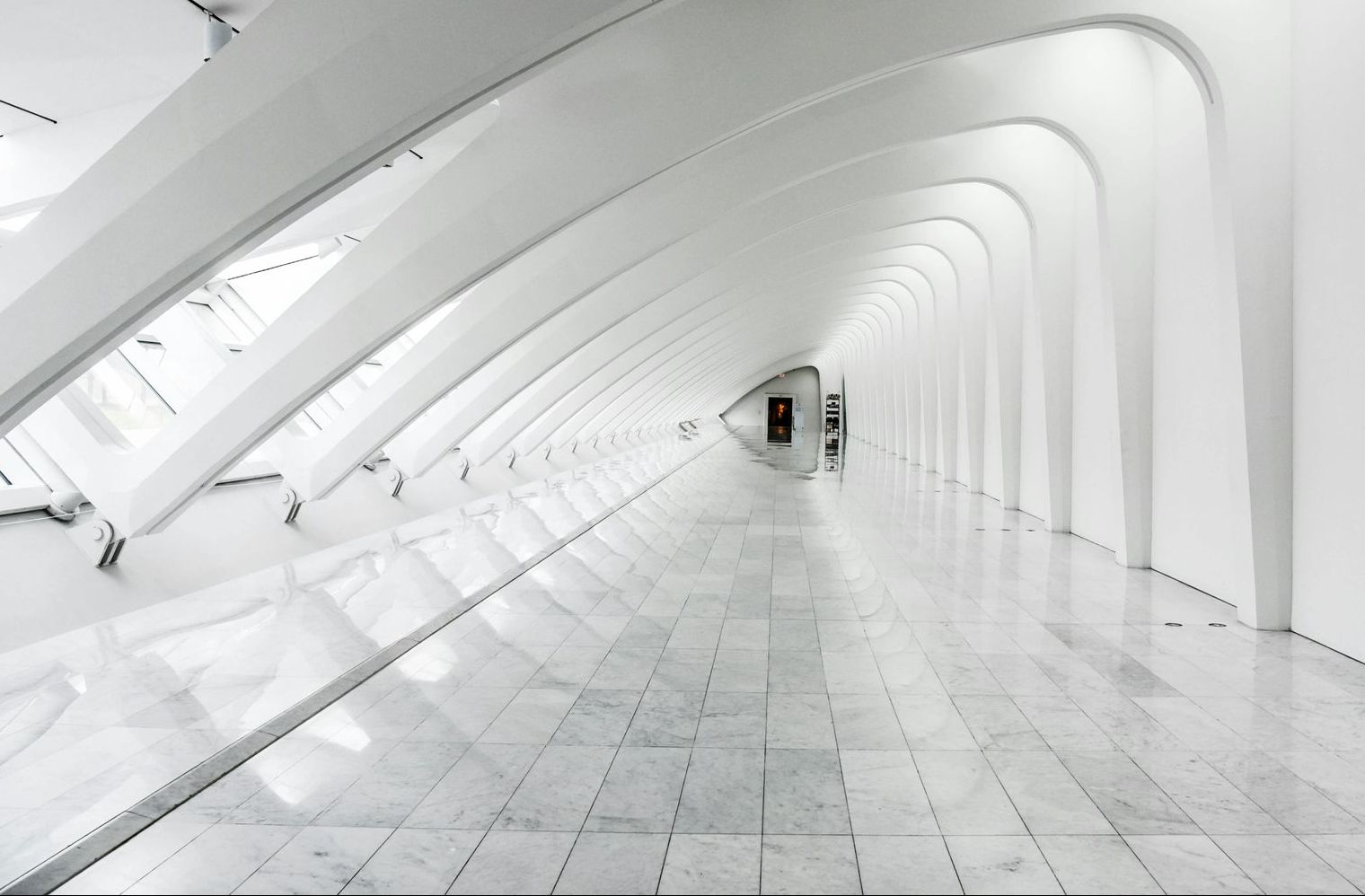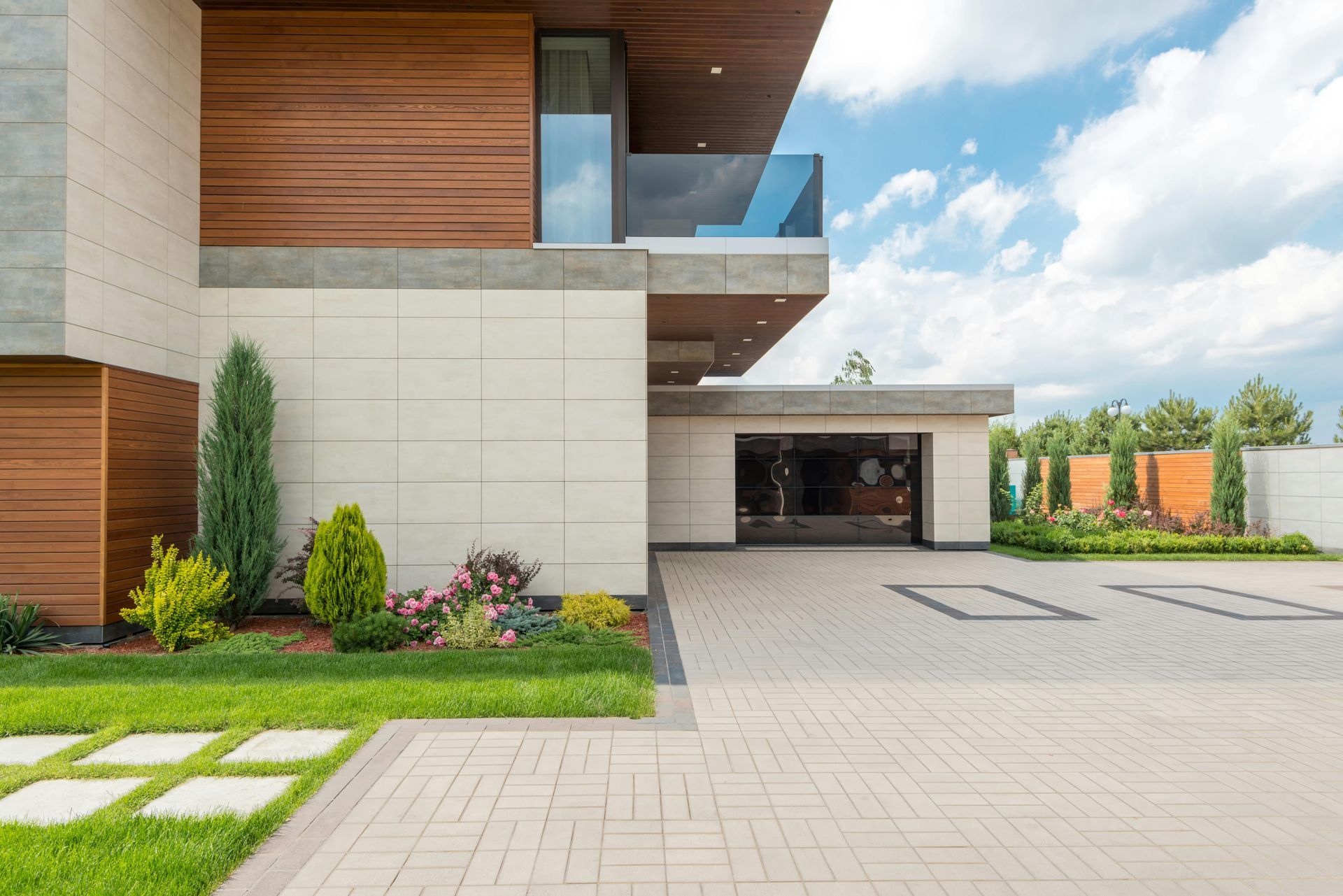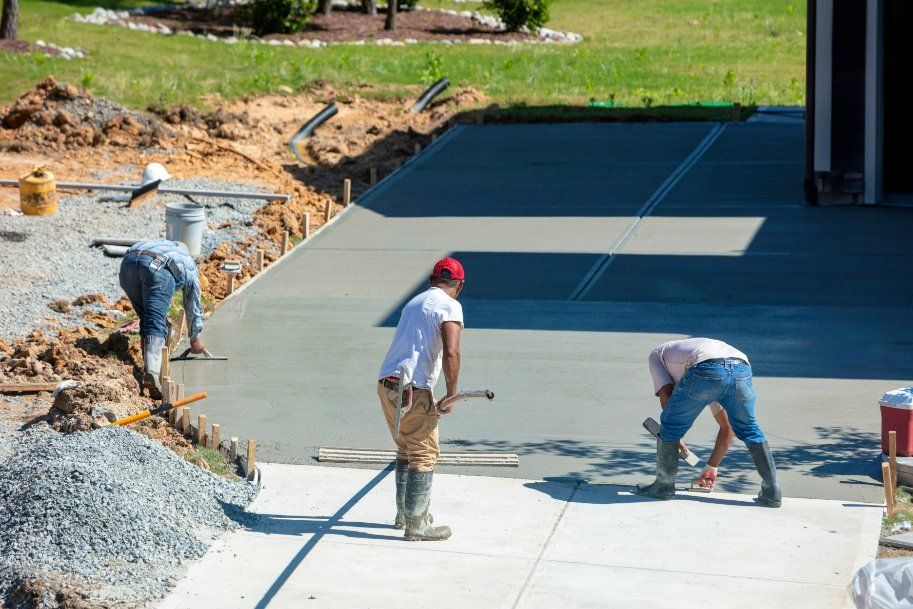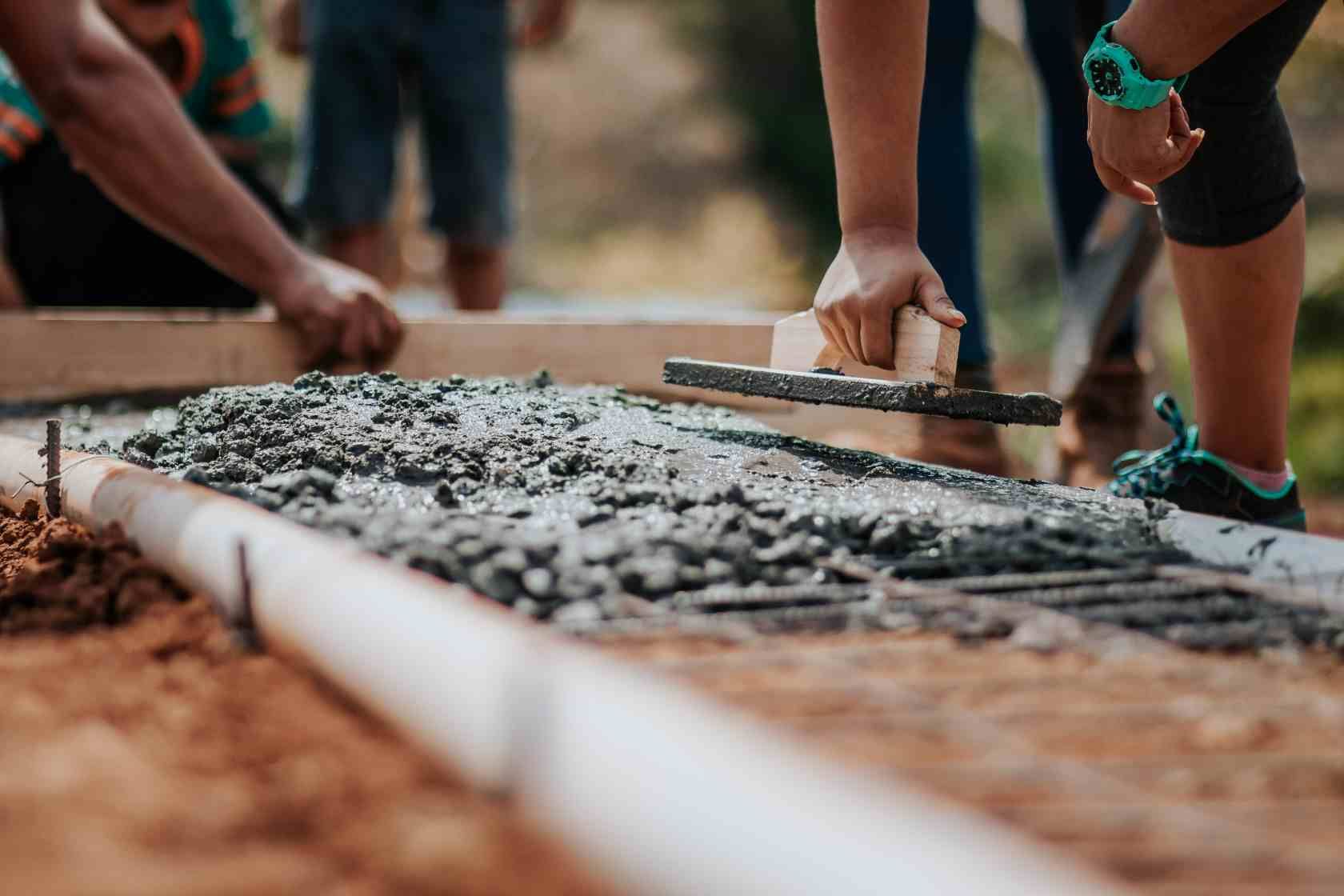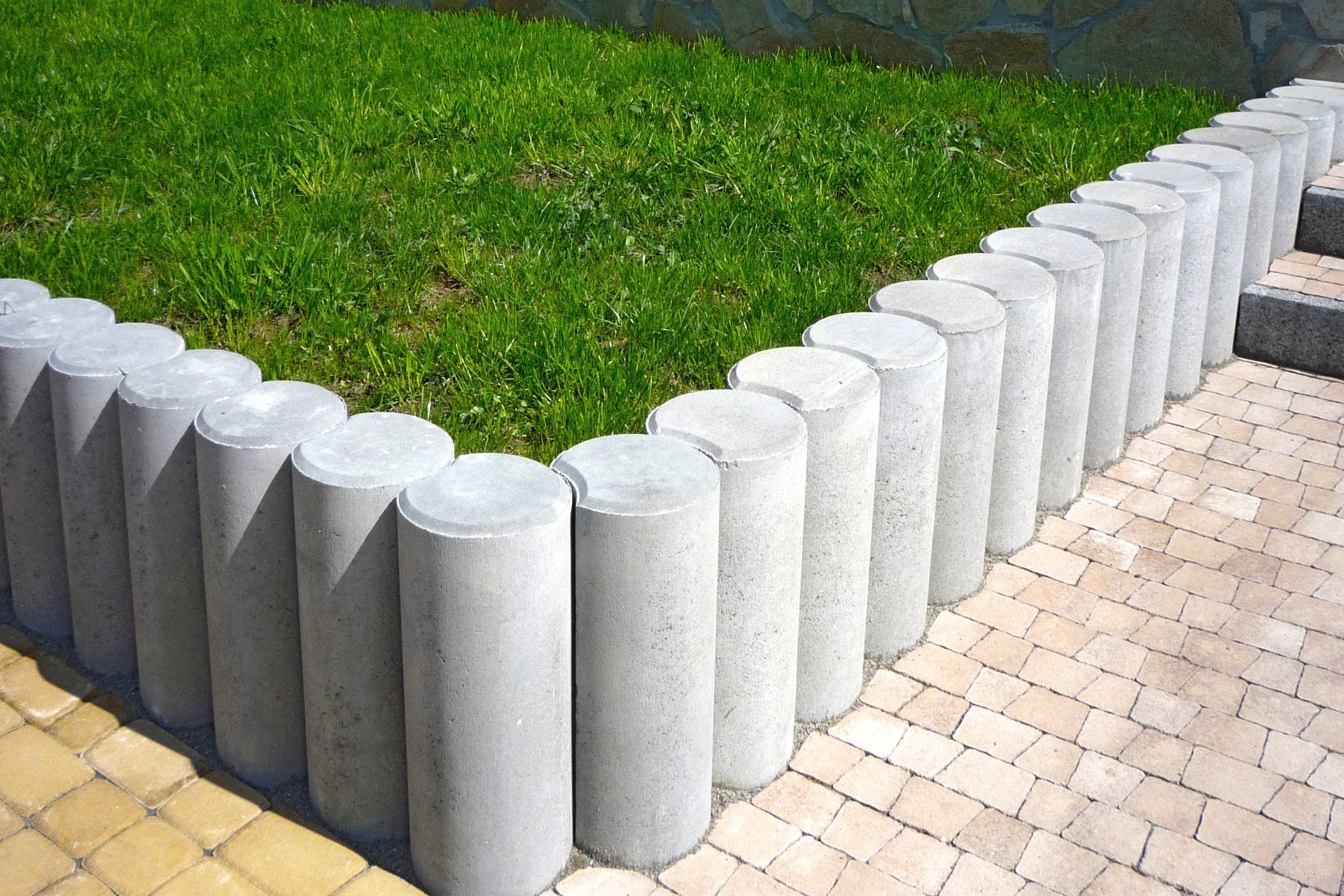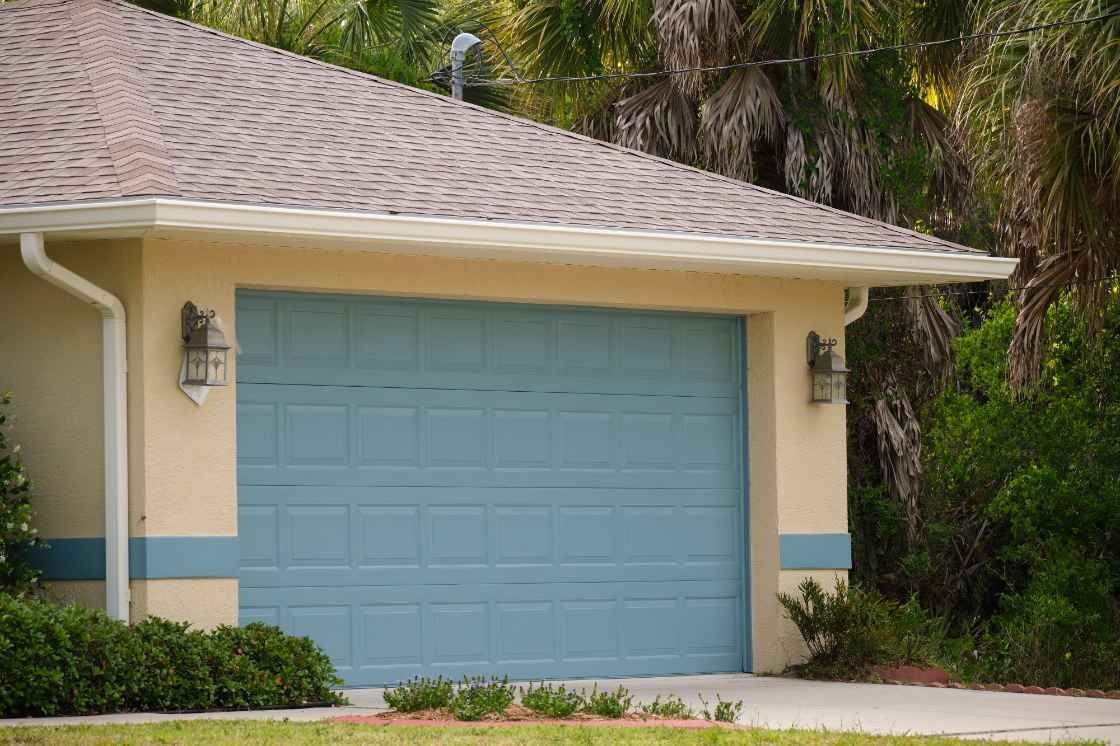Concrete Driveway Repair and Installation
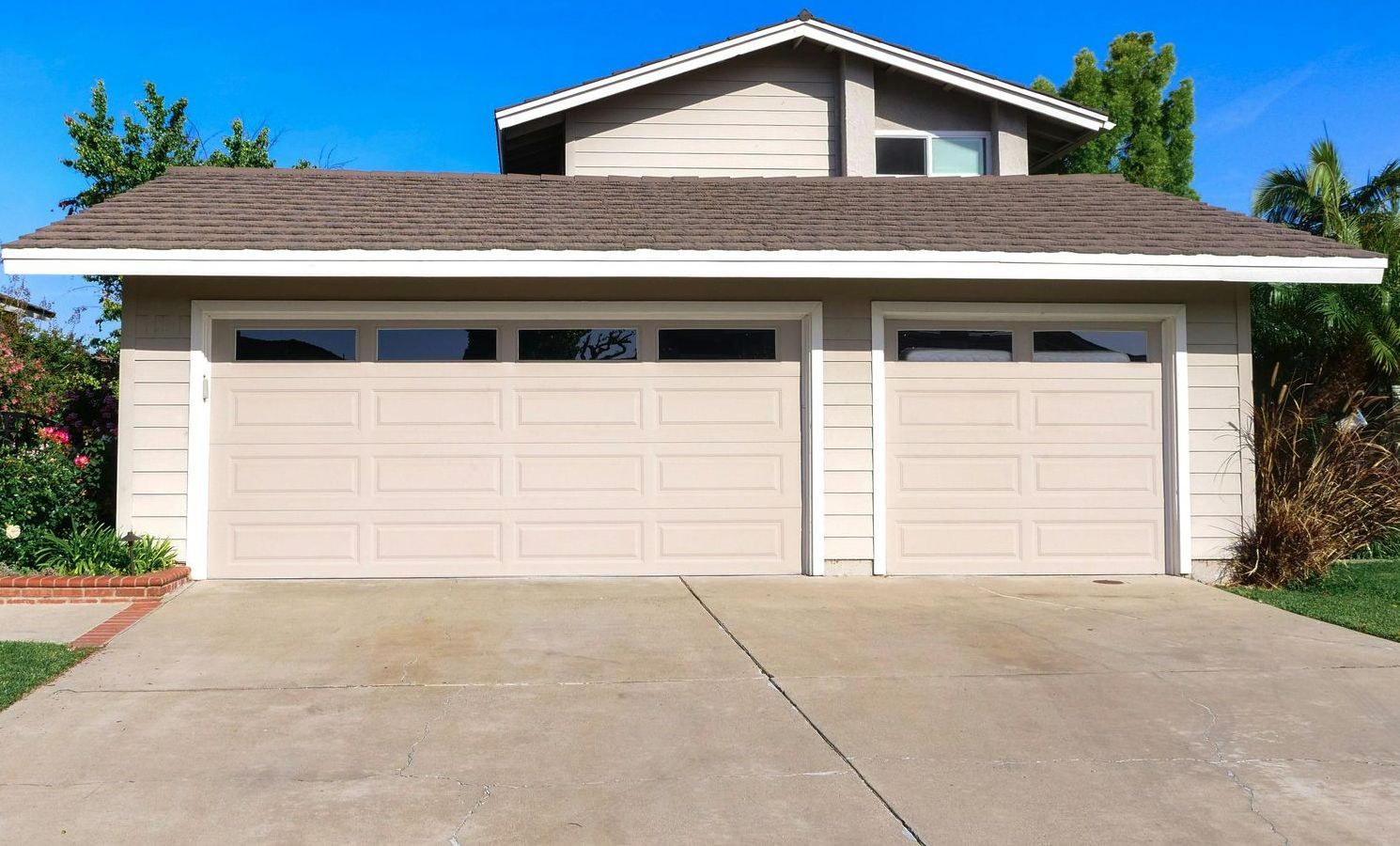
Regardless of whether you're in the market for concrete driveway repair and installation or you're looking to resurface your existing driveway, you'll need to have a clear understanding of the different methods and costs involved. In this article, we'll look at the different types of repairs that you can do on your concrete driveway, and we'll also look at some of the signs that you should be aware of that indicate your driveway needs to be repaired or replaced.
Resurfacing
Whether you're a DIY enthusiast or you need to have your driveway repaired for a business, resurfacing a concrete driveway can be a cost-effective way to update your property. It's also a great way to increase your home's curb appeal.
Oftentimes, resurfacing a concrete driveway is more cost-effective than having your entire driveway replaced. It's also a lot less time-consuming. You can have a new surface applied to your existing driveway in about one day.
You should resurface your driveway every 5-7 years. While not all concrete can be resurfaced, you can give your driveway a new look with a few simple techniques.
First, you should check to see if there are any cracks in the concrete. If there are, it's probably a good idea to fix them before resurfacing.
Next, you should consider relocating your sprinkler system away from the driveway. This will help prevent water from seeping into your driveway. You can also re-design the landscaping around the driveway to prevent soil from shifting and moisture from seeping into the concrete.
After the concrete is properly cured, you can apply a concrete coating. This can be a good way to protect your concrete from moisture and adverse weather conditions. However, you should be aware that it can take up to 24 hours to dry.
You can also stencil or stamp the surface of your concrete to create an eye-catching design. You can find out more about how to do this by contacting a tradesperson.
Finally, you should apply a non-slip finish to the newly resurfaced driveway. You can do this by rubbing the surface with a wide-head concrete broom. This will help you to achieve the same effect as using a non-slip tack strip.
Sealing
Adding a sealant to your driveway is a great way to increase its life span. It is also a great way to make it look nicer. There are several different types of driveway sealers available. These include water-based, solvent-based, and penetrating sealers.
For the most part, a sealant is just a protective layer that prevents water from sinking into your driveway. It also acts as a barrier to prevent stains from penetrating your concrete. Some sealers can even be slip-resistant.
A sealant should be applied to your concrete driveway at least once a year. This can save you from significant repair costs. It will also increase the life of your concrete driveway. It may also prevent fading and cracking.
The cost of sealing your concrete driveway will vary depending on your location and the type of sealer you decide to use. It is usually between $0.10 and $0.25 per square foot. These costs may increase depending on the type of sealant you choose and how large your driveway is.
Some sealers contain harsh chemicals that can be dangerous to humans. They also may need to be reapplied at regular intervals. While most sealers are do-it-yourself friendly, some require the services of a professional.
The most important thing to remember about driveway sealers is to make sure your concrete is completely dry before applying the sealant. This will prevent premature drying of the sealer. If your driveway is exposed to the elements, it may require more than one coat.
The most important thing to remember about a driveway sealer is to check your driveway after two to four hours of dry time. Any debris or dirt on the surface can lead to larger cracks and failure of the sealant.
Slabjacking
Whether you're repairing or installing a concrete driveway, you might have heard the term "slabjacking". This is an important process for stabilising your concrete slab.
Slabjacking uses jacks and foam to raise concrete slabs. It's a cost-effective and environmentally friendly alternative to replacing the entire slab. It's perfect for home and office buildings.
The best part about slabjacking is that it's fast. The job can be completed in just a few hours. Slabjacking can be performed in any weather.
The process starts by drilling holes into the slab. A special mixture is then pumped into the holes. The mixture raises the slab to its original height.
Once the holes are filled, the mixture is left to cure. Once the mixture has cured, the holes are cleaned and caulked.
The grout used in the slab jacking process is made of Portland cement and water. It has to have a cohesive strength of 5 Mpa. This mixture also contains sand and limestone dust.
The costs vary depending on the size of the slab being raised and the amount of void under the slab. The cost of slabjacking will be one-third to half the cost of replacing the entire slab.
If you're considering slabjacking for your concrete driveway repair, it's important to make sure you choose a company that is experienced and reputable. Make sure to get a free estimate. You can find a professional Slab Jacking Company by checking the Better Business Bureau.
The cost of slabjacking depends on the size of the slab being lifted and the amount of void under the slab. It can cost between three and twenty dollars per square foot.
The cost of a complete replacement
Generally, the cost of a complete replacement of a concrete driveway depends on several factors, including the size, sloping, and decorative elements of the driveway. The price of the driveway will also include the installation costs and disposal of the old driveway.
The cost of a complete replacement of a 24' x 24' concrete driveway may range from $2,900 to $13,800. The price will also depend on the location. The costs will increase if the driveway is a half-circle or is situated on a slope. The cost will also increase if the driveway has a unique design.
The cost of a complete replacement may also depend on the type of concrete used. Imprinted concrete, for instance, is used to replicate the look of bricks or planks. The costs of imprinted concrete range from $7 to $9 per square foot.
Stamped concrete driveways can cost $8 to $15 per square foot. They can also be used to mimic the look of wood planks or bricks.
Resurfacing is also an option for concrete driveways that have cracks or other cosmetic issues. Resurfacing is a cheaper option than a complete replacement. This process involves removing the top layer of material, cleaning it, and overlaying it with a new surface.
Costs of resurfacing can range from $1 to $10 per square foot. Some of the materials used include rebar, steel mesh, and concrete compound. Rebar is used for thicker pours. Steel mesh is thinner than rebar and costs about $.20 to $.30 per square foot. The concrete compound contains cement and polymers.
Typically, contractors use special tools for concrete repairs. They will also consider the cost-effectiveness of the repair. Some contractors may use a compound patch instead of removing the entire driveway.
Signs that your driveway needs repair
Considering that a driveway is one of the first things people see when pulling up to your home, it makes sense that it would need repair at some point in time. Having a driveway professionally repaired can save you money in the long run. A professional driveway repair company can identify any potential problems, recommend a course of action, and schedule an appointment for your driveway to be fixed.
If you have a concrete driveway, there are several signs that it may need to be repaired. One of the most obvious signs is the presence of cracks. These are caused by the expansion of the earth underneath the concrete slab. They may appear small at first but if left untreated, they can lead to extensive damage.
A cracked driveway is a definite no-no. This is because the cracked surface will absorb water, causing it to seep into the cracks and spread. A driveway needs to be sloped to allow water to flow off.
Potholes are another telltale sign that your concrete driveway needs repair. Potholes are caused by a combination of rough weather and heavy traffic. Potholes can be dangerous, as they can damage your car's axles, suspension, wheels, and other parts. If you find potholes on your driveway, they are a sign that you need to repair or replace your driveway.
Fading colour is another sign that your concrete driveway may need to be repaired. Coloured concrete may appear drab, but it is easy to revive the colour with a coating.
Signs of damage that your concrete driveway needs to be repaired include cracks, pitting, and uneven surfaces. If you have a newer driveway, these may be signs of an installation issue.
Contact us today at 08 6373 2590 to install your driveway.
Contact Form
